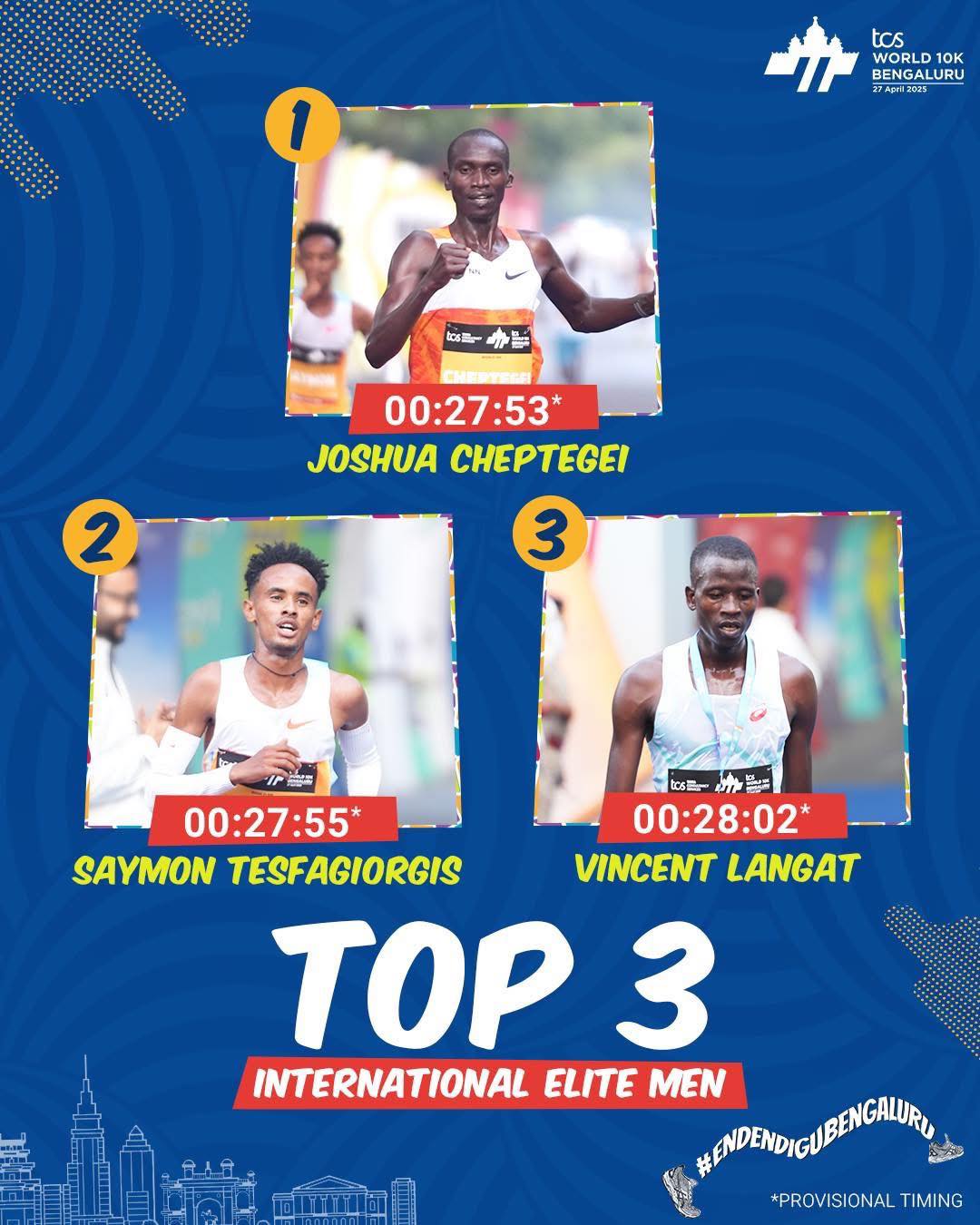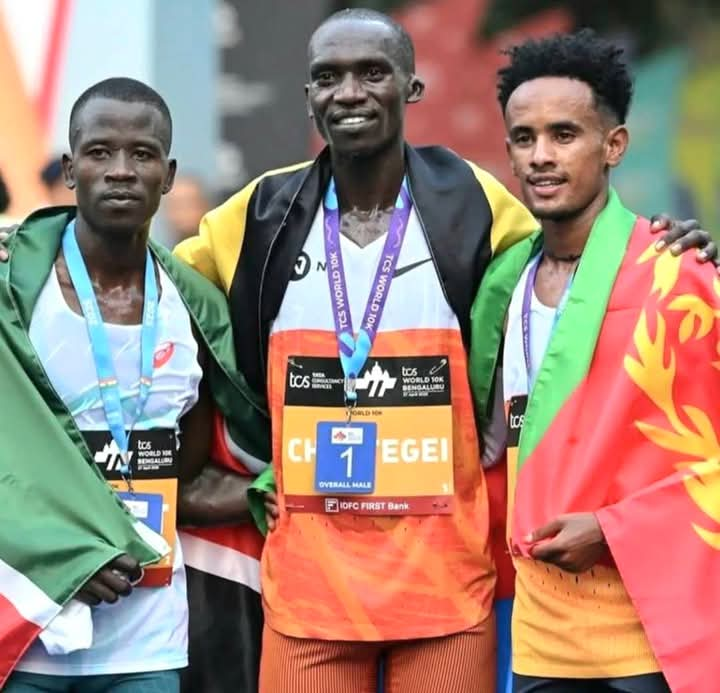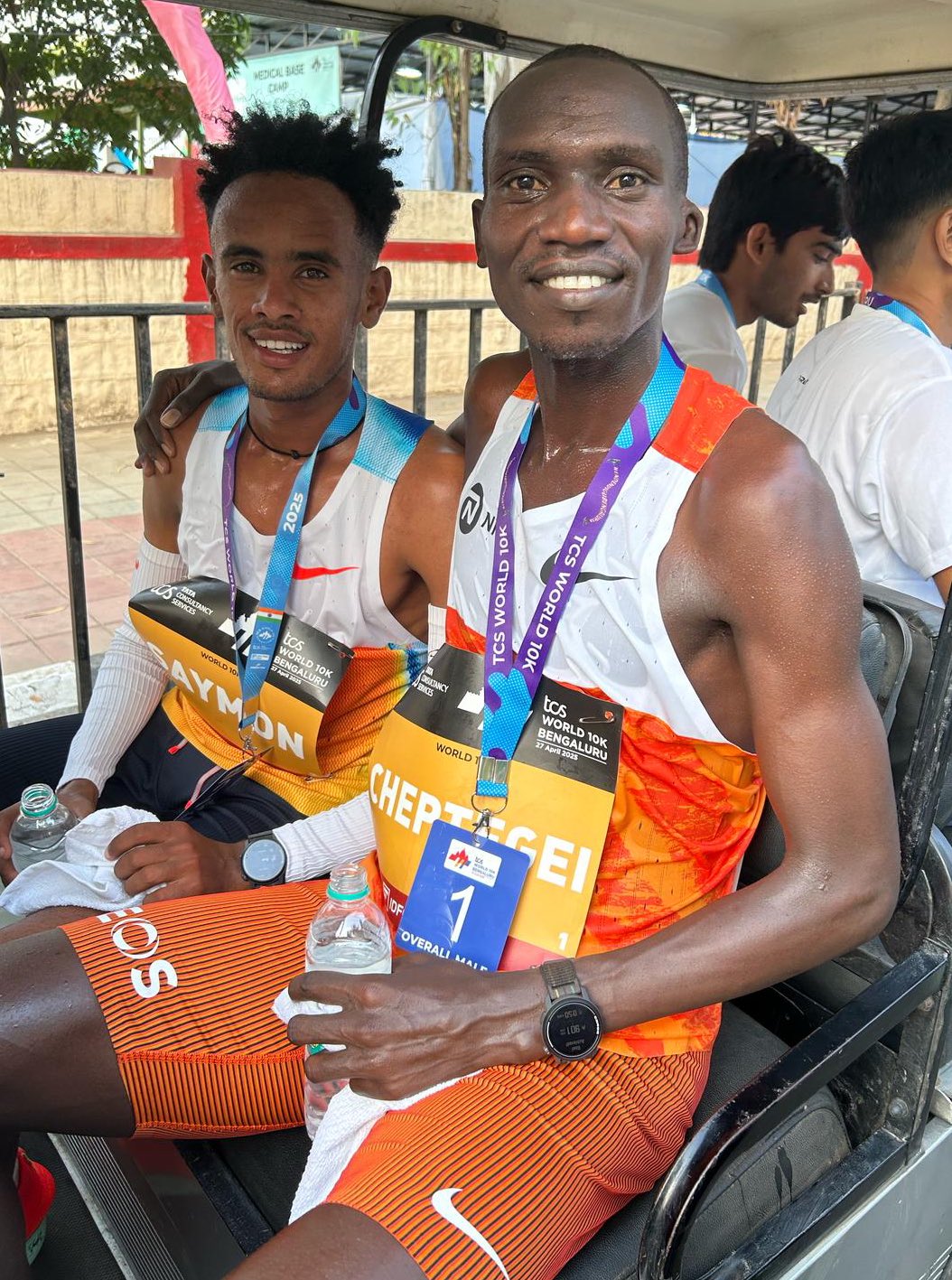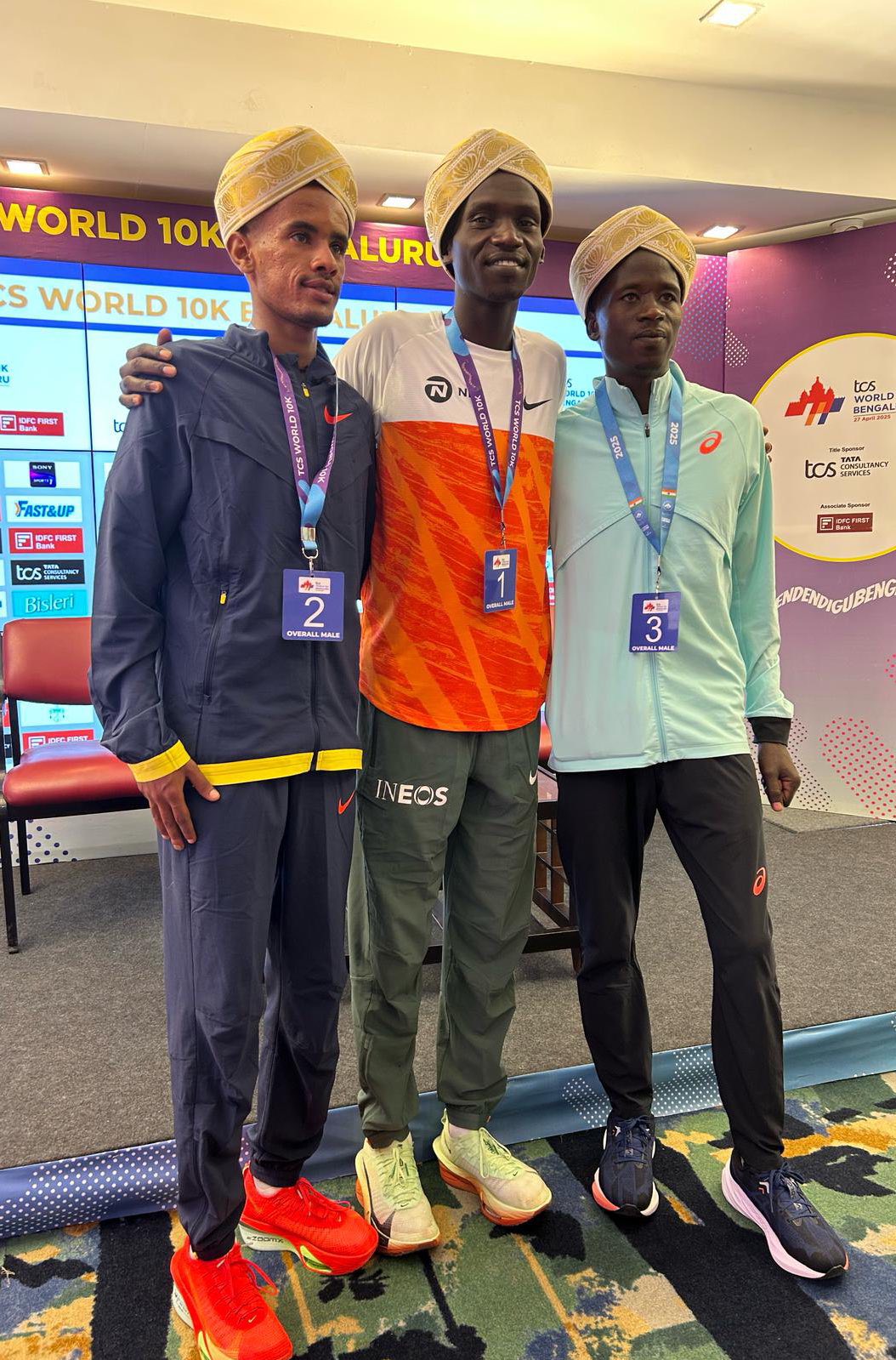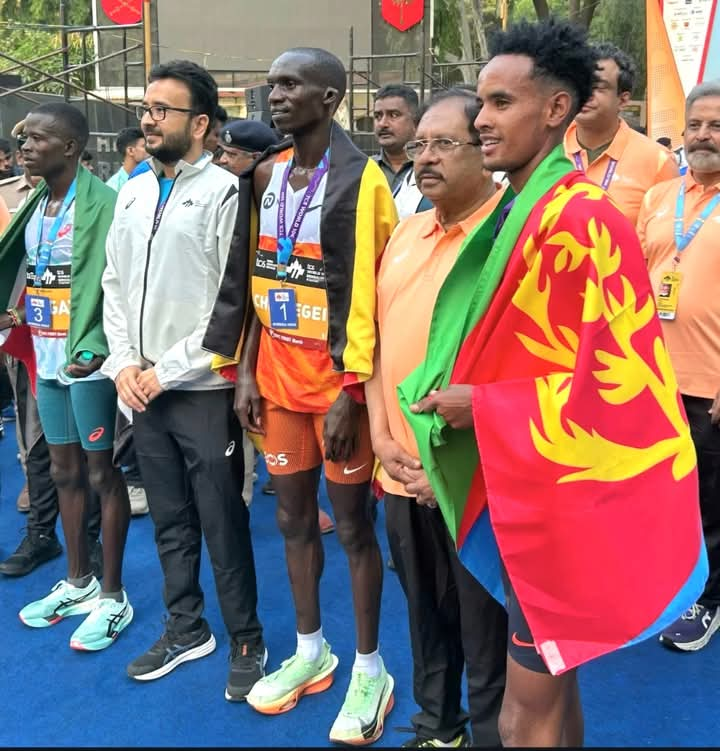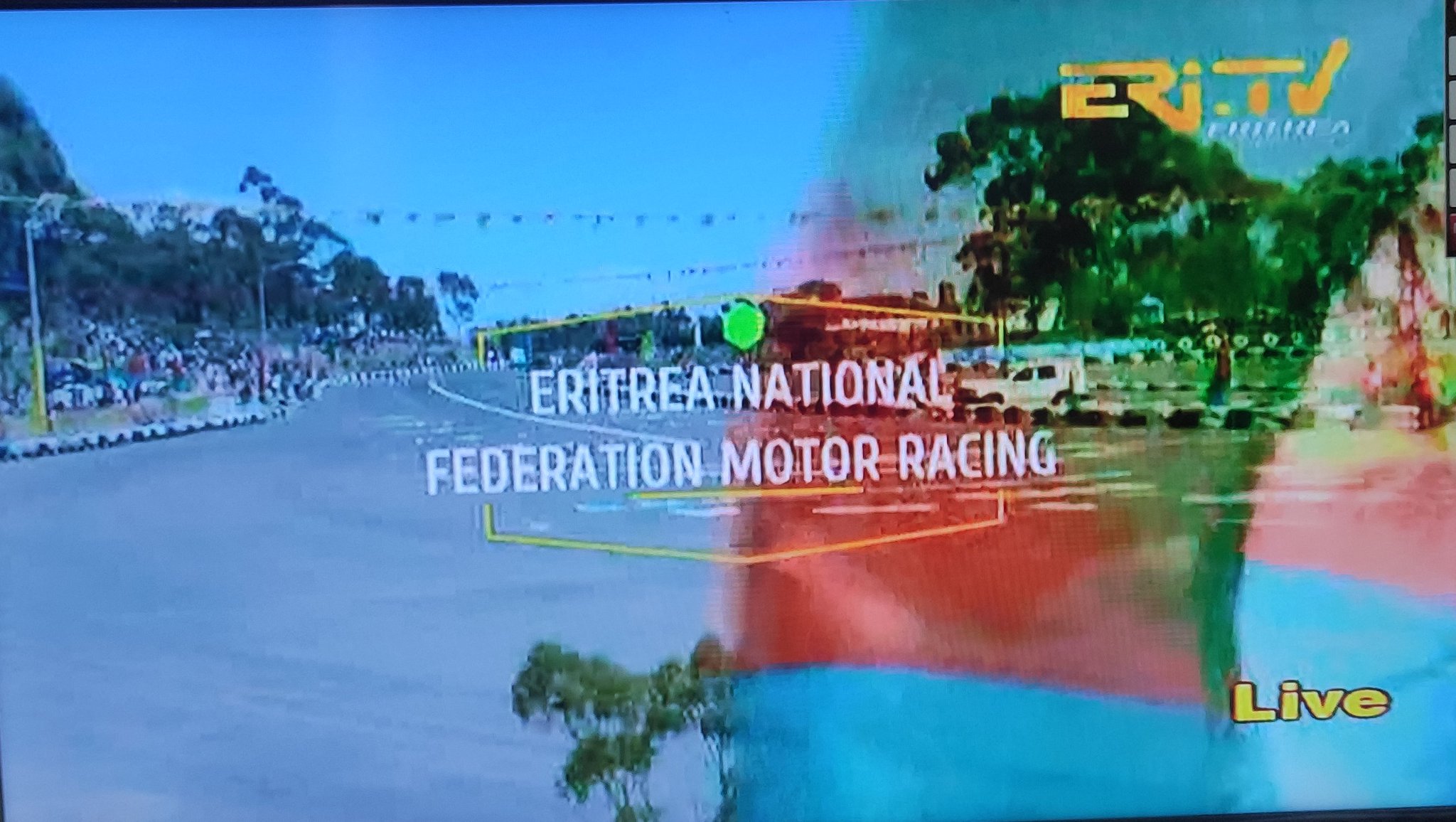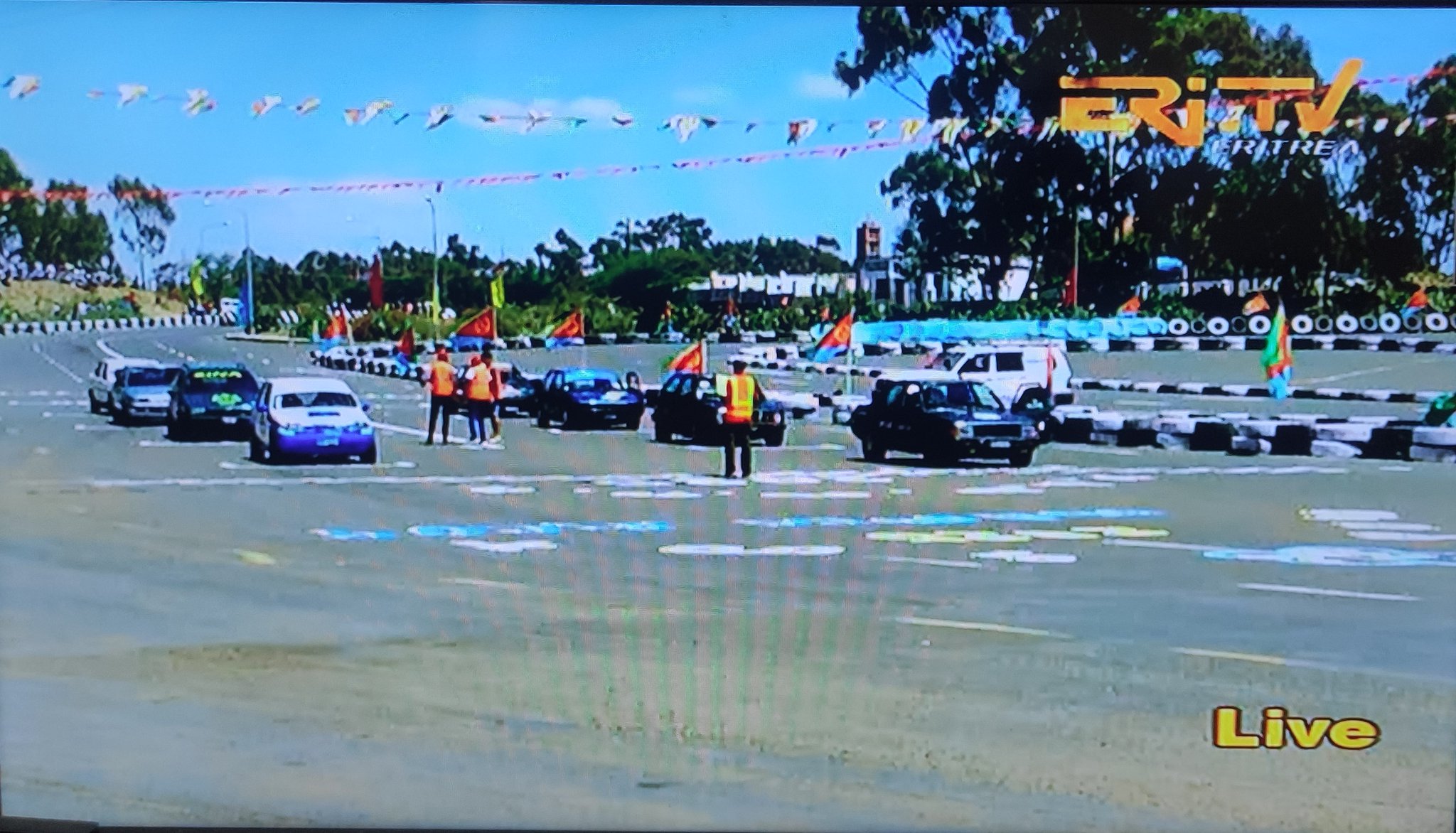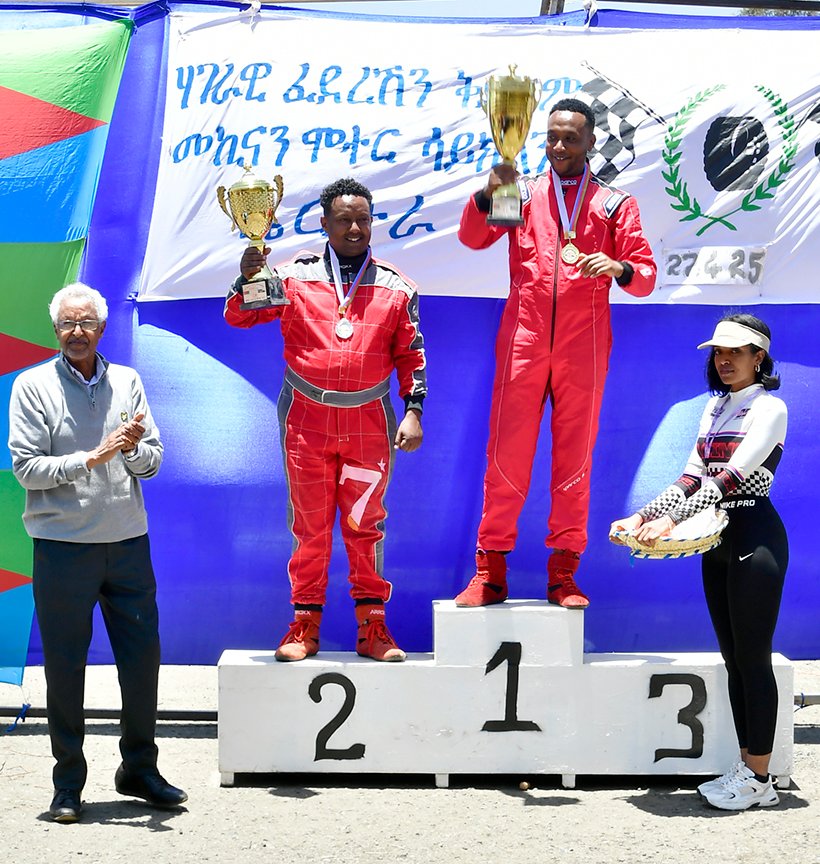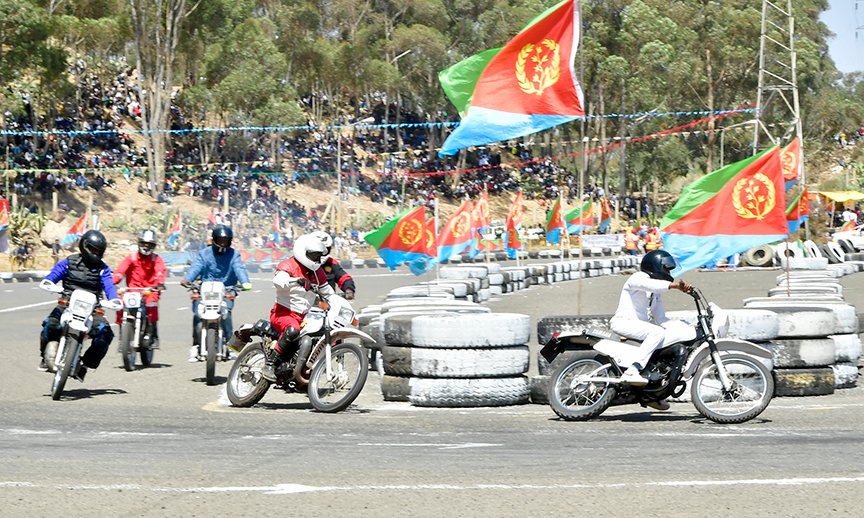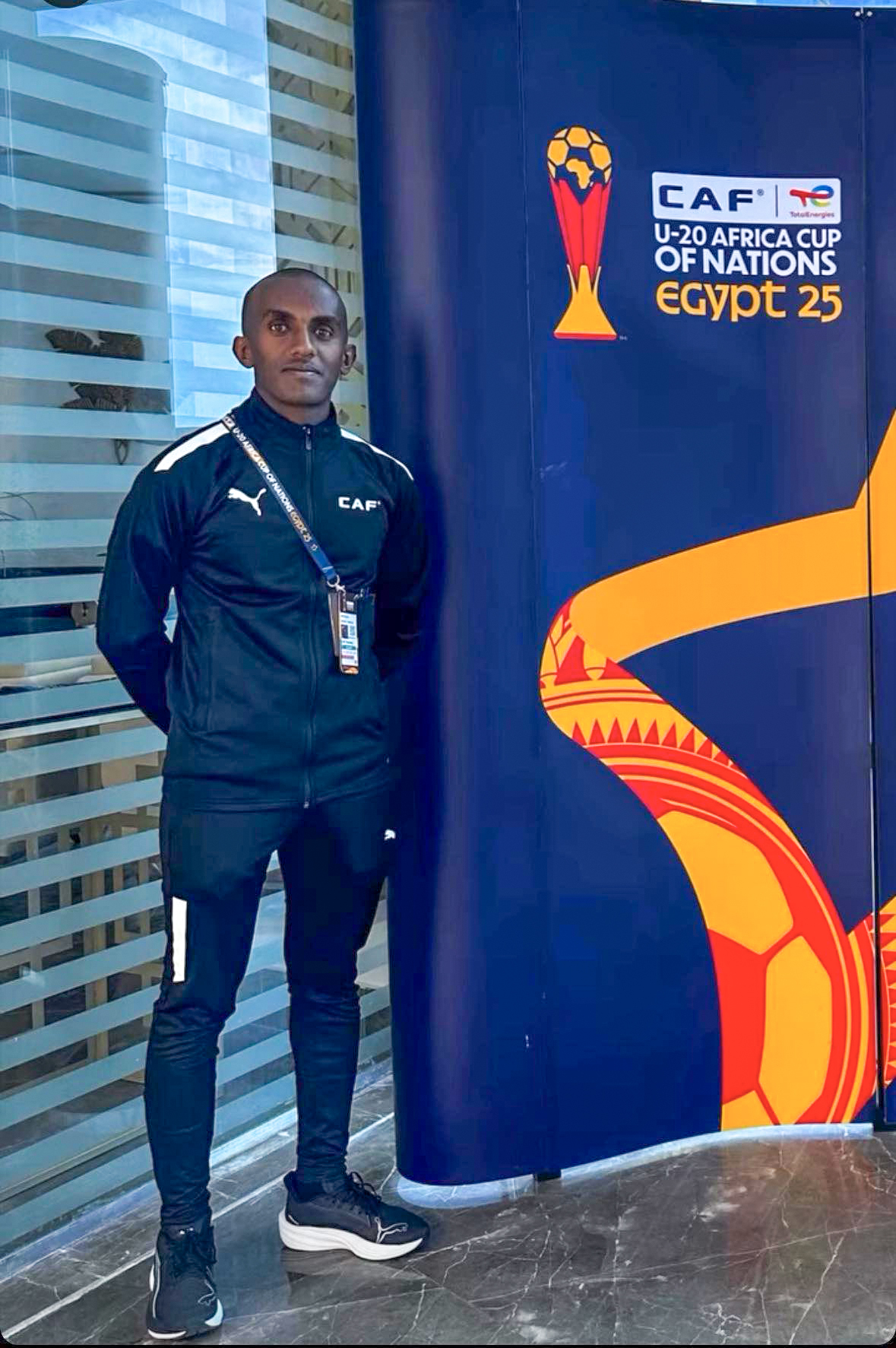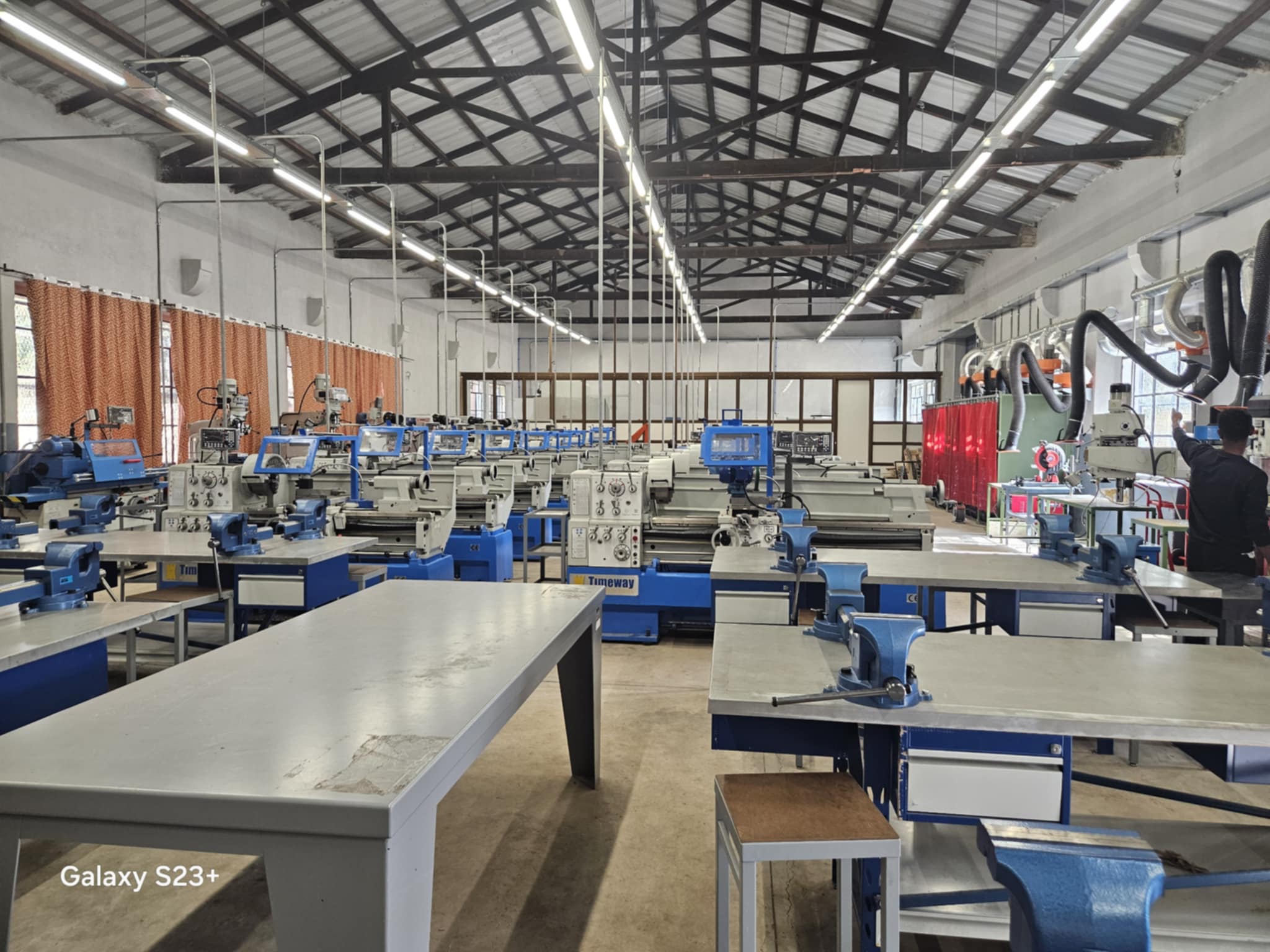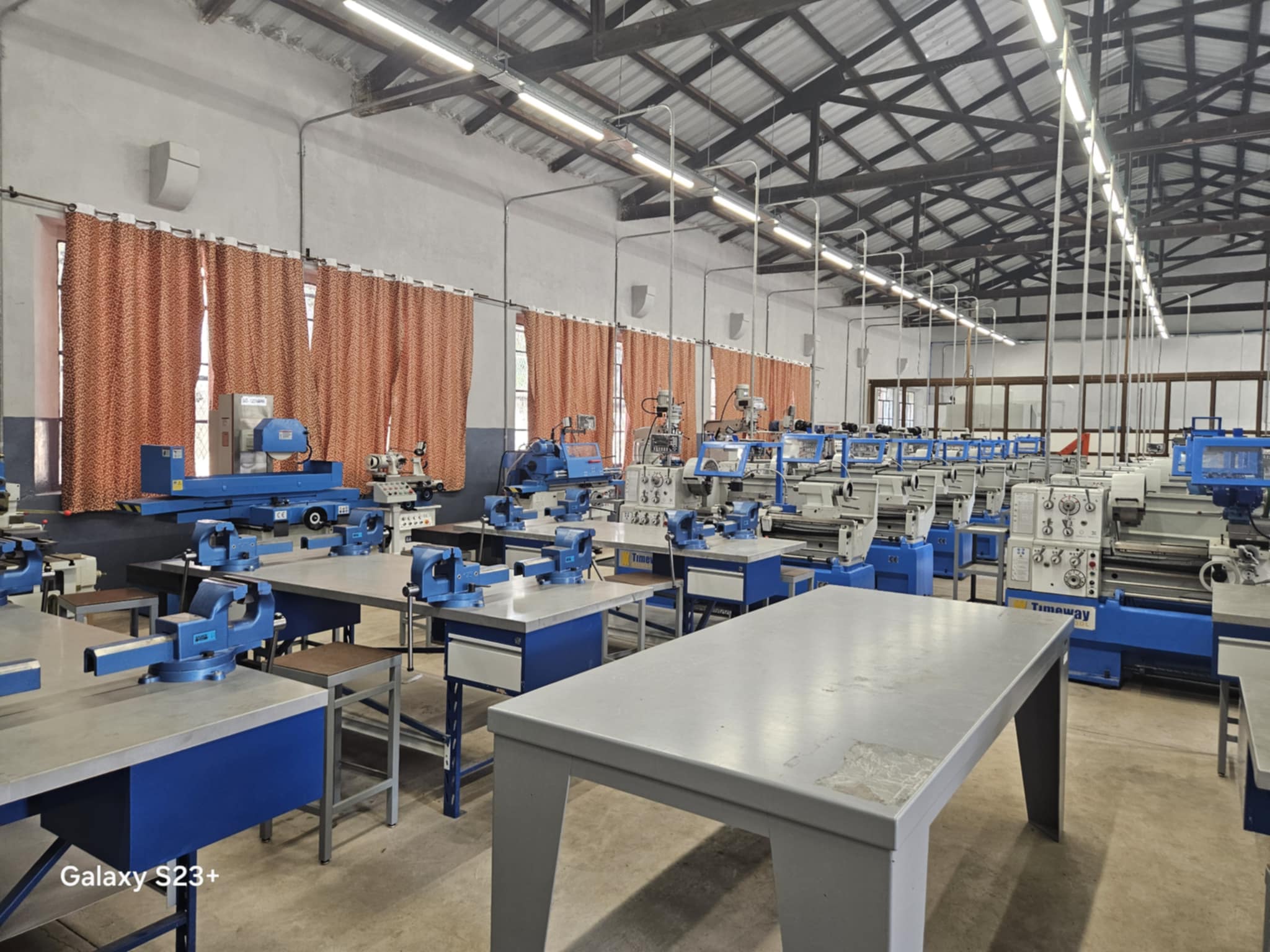
The Failed Anti-Eritrea Conference in Washington, DC A Gathering of Foreign-Backed Activists and Discredited Narratives

On April 26, 2025, a so-called "International Conference on Eritrea" was held at the Catholic University Caldwell Hall in Washington, DC, organized by a coalition of anti-Eritrea groups, including Focus Eritrea, ERIPS, FASTE, the Eritrean Women’s Organization, and Yiakel. The event, which was promoted as a major gathering of Eritrean "pro-democracy" voices, turned out to be an embarrassing failure, with only around 40 attendees, most of whom were elderly and visibly frail. Even the keynote speakers, many of whom have spent decades pushing regime-change narratives participated virtually, appearing weak and disconnected from reality.
This conference was yet another attempt by Western-funded activists and academics to legitimize their discredited narratives about Eritrea. However, the poor turnout and lack of substantive engagement exposed the truth: these groups do not represent the Eritrean people, but rather serve the interests of foreign governments and institutions seeking to destabilize the Horn of Africa.
Below is a detailed breakdown of the key issues surrounding this failed conference and the problematic history of its participants.
1. The Speakers & Their Dubious Agendas
A. Daniel Habtey (ERIPS) & Dr. Berhane Woldemichael (FASTE): Advocates for Foreign-Backed Regime Change
Both ERIPS (Eritrean Research Institute for Policy and Strategy) and FASTE (Eritrean American Civic Advocacy Group) have long aligned themselves with Western-funded regime-change agendas, particularly those pushed by the National Endowment for Democracy (NED) and Open Society Foundations.
• Critical Question: If these groups truly support democracy, why do they ignore Eritrea’s sovereign right to self-determination under constant external threats (sanctions, hybrid warfare, and media demonization)? Shouldn’t Eritreans—not foreign-backed NGOs—decide their political future?
B. Prof. Araya Debessay & Prof. Mengisteab Tesfayohannes: Academics Pushing the "Failed State" Myth
These academics have consistently portrayed Eritrea as a "failed state," ignoring its resilience against foreign intervention, regional stability contributions, and progress in education/healthcare despite illegal sanctions.
• Critical Question: Why do their analyses conveniently omit Eritrea’s achievements while amplifying narratives that align with Western geopolitical interests (e.g., justifying sanctions, regime change)?
C. Ambassador Haile Menkerios: A Former UN Official with a Biased Record
As a former UN official, Menkerios has criticized Eritrea’s government while remaining silent on illegal sanctions even after the UN itself admitted that accusations against Eritrea (e.g., Somalia allegations) were baseless.
• Critical Question: Does he now acknowledge that Eritrea was unfairly targeted by sanctions, and how does he justify his past complicity in this injustice?
D. Martin Plaut & Dan Connell: Serial Propagandists with a History of Fake News
These two have spent decades publishing unverified, sensationalist claims about Eritrea, often relying on anonymous "sources" and debunked reports (e.g., false "shoot-to-kill" border policies).
• Critical Question: Why should anyone trust their narratives when they have repeatedly been exposed as politically motivated fabrications?
• Notably, Plaut has openly incited violence, telling anti-Eritrea activists that "protests are not enough" and encouraging them to "burn the embassy"—a clear endorsement of terrorism, similar to the 2012 Benghazi attack.
E. Dr. Selam Kidane (Eritrean Women’s Organization) & Yiakel: Western-Funded "Activists"
These groups receive funding from NED, Open Society, and other regime-change financiers, raising serious doubts about their independence.
• Critical Question: How can they claim to represent Eritrean women when their funding and agendas align perfectly with Western foreign policy goals rather than grassroots needs?
F. Dr. Michael Rubin (AEI) & Dr. Tesfamicael Mebrahtu: Warmongers Advocating for More Destruction
Both have advocated for US/EU intervention in Eritrea, ignoring the catastrophic results of such policies in Libya, Syria, and Iraq.
• Critical Question: Given Eritrea’s resilience against foreign interference, isn’t their push for "regime change" a dangerous escalation that risks regional chaos rather than "liberation"?
G. Ghebrehiwet Ateweberhan (FASTE): Advocating for Eritrea’s Isolation While Claiming to Represent Its People
FASTE has called for Eritrea’s diplomatic and economic isolation, yet Eritrea has strengthened ties across Africa and the Global South.
• Critical Question: How does FASTE justify demanding Eritrea’s marginalization while pretending to represent Eritreans, most of whom support national sovereignty?
2. Key Themes Exposing Their Hypocrisy
A. Foreign Funding & Political Agendas
• Nearly all participating organizations are funded by NED, Open Society, or other Western institutions with a history of regime-change operations.
• Their activism mirrors US/EU foreign policy demands, not the will of Eritreans.
B. Eritrea’s Achievements despite Sanctions & Hybrid Warfare
• Eritrea has:
° Maintained sovereignty in a volatile region.
° Resisted illegal sanctions (later proven baseless).
° Made progress in education, healthcare, and infrastructure despite external pressures.
• Why do these "experts" ignore these realities while pushing doom-and-gloom narratives?
C. Reliance on Debunked Reports & Fake News
• Many speakers (Plaut, Connell) have been caught spreading false information (e.g., fake "massacre" reports).
• Why should their claims be taken seriously when they lack credible evidence?
D. Grassroots Eritreans vs. Elite Diaspora Activists
• While these groups struggle to gather 40 people, pro-sovereignty Eritrean rallies regularly attract thousands worldwide.
• The diaspora’s majority supports Eritrea’s independence, not foreign-backed regime change.
3. A Dying Movement with No Legitimacy
This conference was a joke—an embarrassing gathering of aging activists, propagandists, and foreign-funded NGOs who have no real connection to Eritrea’s people. The fact that most speakers couldn’t even attend in person (appearing virtually, looking frail and out of touch) symbolizes the irrelevance of their movement.
Eritrea has resisted decades of hybrid warfare, sanctions, and misinformation campaigns and will continue to do so. The real Eritrean voices are those celebrating their nation’s sovereignty, resilience, and progress, not these Western-funded puppets trying to rewrite history.
Final Thought: If these groups truly cared about Eritrea, they would stop taking foreign money, stop lying, and start listening to the Eritrean people. But history shows they won’t because their loyalty was never to Eritrea in the first place.

